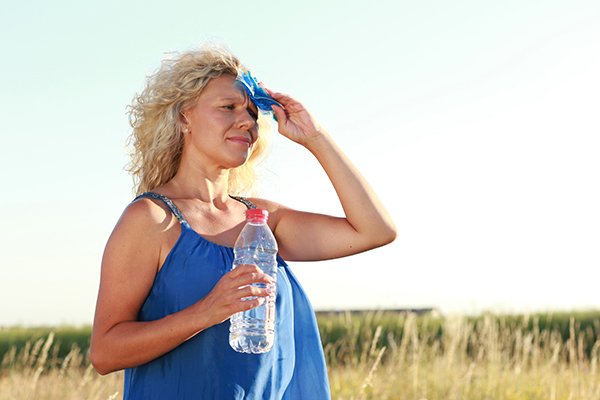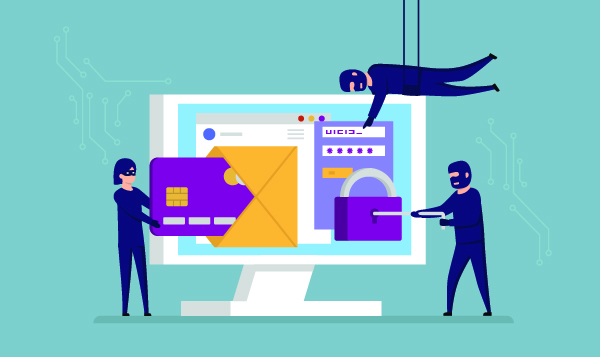Outdoor fun and sunshine are things we are all taking advantage of and appreciating more than ever this year. Unfortunately, though spending time outdoors is good for our health, too much heat can be dangerous. One of the challenges we face regarding heat-related illnesses is that the symptoms can be difficult to recognize.
Early signs of heat-related illness can include fatigue, nausea, headache, muscle cramps, weakness, confusion, and more (WebMd). Each person may respond differently, and these symptoms could be brushed off as general consequences of outdoor activity, especially for a person who is exercising. However, it is extremely important to recognize these symptoms as possible indicators of heat-related illness that, if left untreated, could cause serious complications.
The most dangerous heat-related illness is heat stroke, which occurs when the body is unable to control its temperature. “When heat stroke occurs, the body temperature can rise to 106° or higher within 10 to 15 minutes” (CDC). The body is unable to cool down because it is no longer able to produce sweat. Heatstroke requires immediate medical attention. “Untreated heatstroke can quickly damage your brain, heart, kidneys, and muscles. The damage worsens the longer treatment is delayed, increasing your risk of serious complications or death” (Mayo Clinic).
Though not considered quite as dangerous as heat stroke, heat exhaustion can also require emergency treatment and has the potential to be deadly if ignored. While victims of heatstroke typically stop sweating, those experiencing heat exhaustion may continue to sweat (CDC).
Regardless of whether a person is experiencing heat exhaustion or heat stroke, it is essential to seek immediate medical attention. While waiting for medical assistance, there are several steps you can take to assist the victim.
- Be sure to place the victim in the shade
- Drink frequent sips of cool water
- Use cold compresses or cold water to wash the victim’s head, neck, and face
- Remove unnecessary clothing including shoes and socks
- Stay with the victim until help arrives (CDC)
At Waitte’s Insurance Agency, we care about the health and well-being of our community. Give us a call when you are ready to discuss your unique insurance needs.










